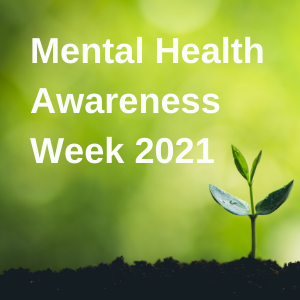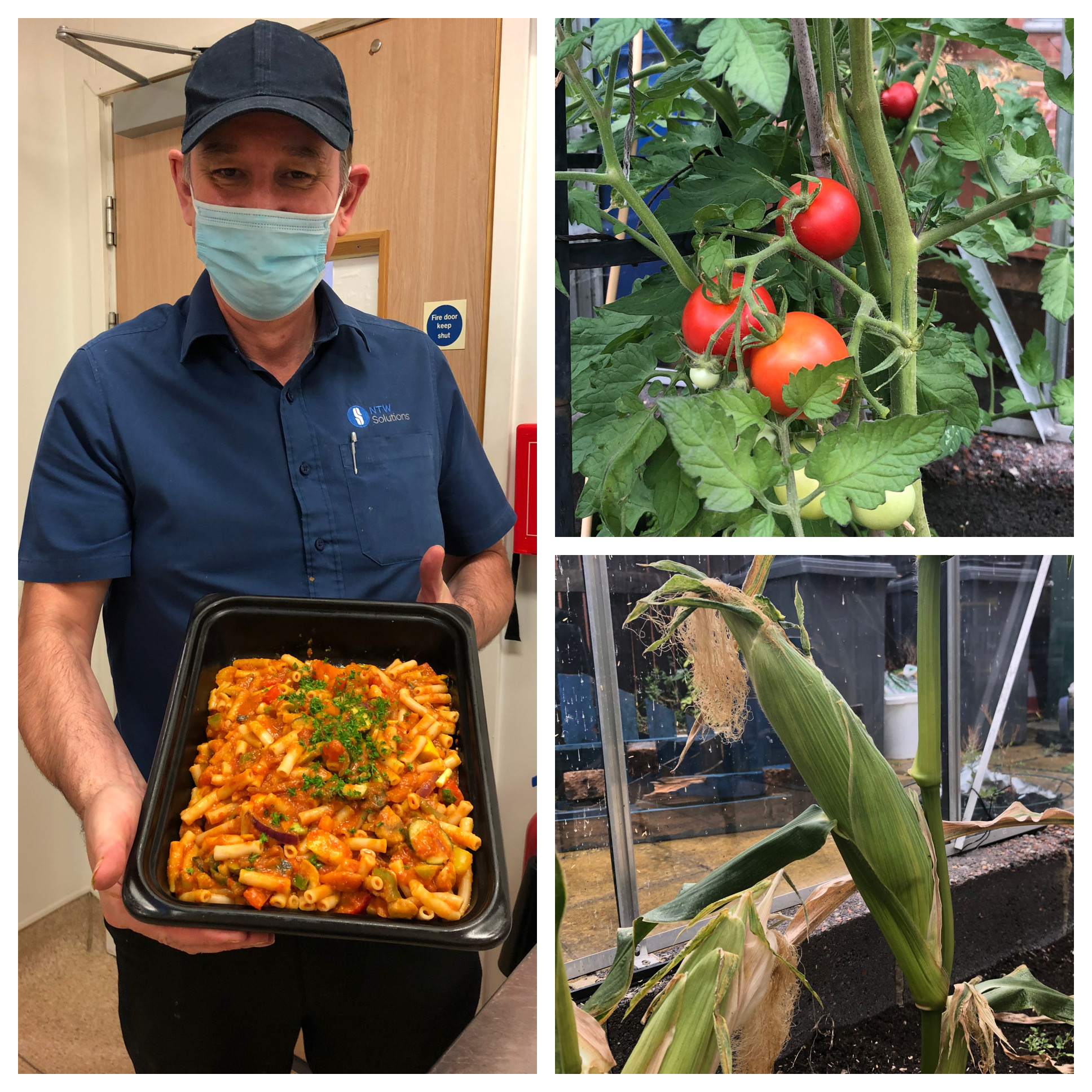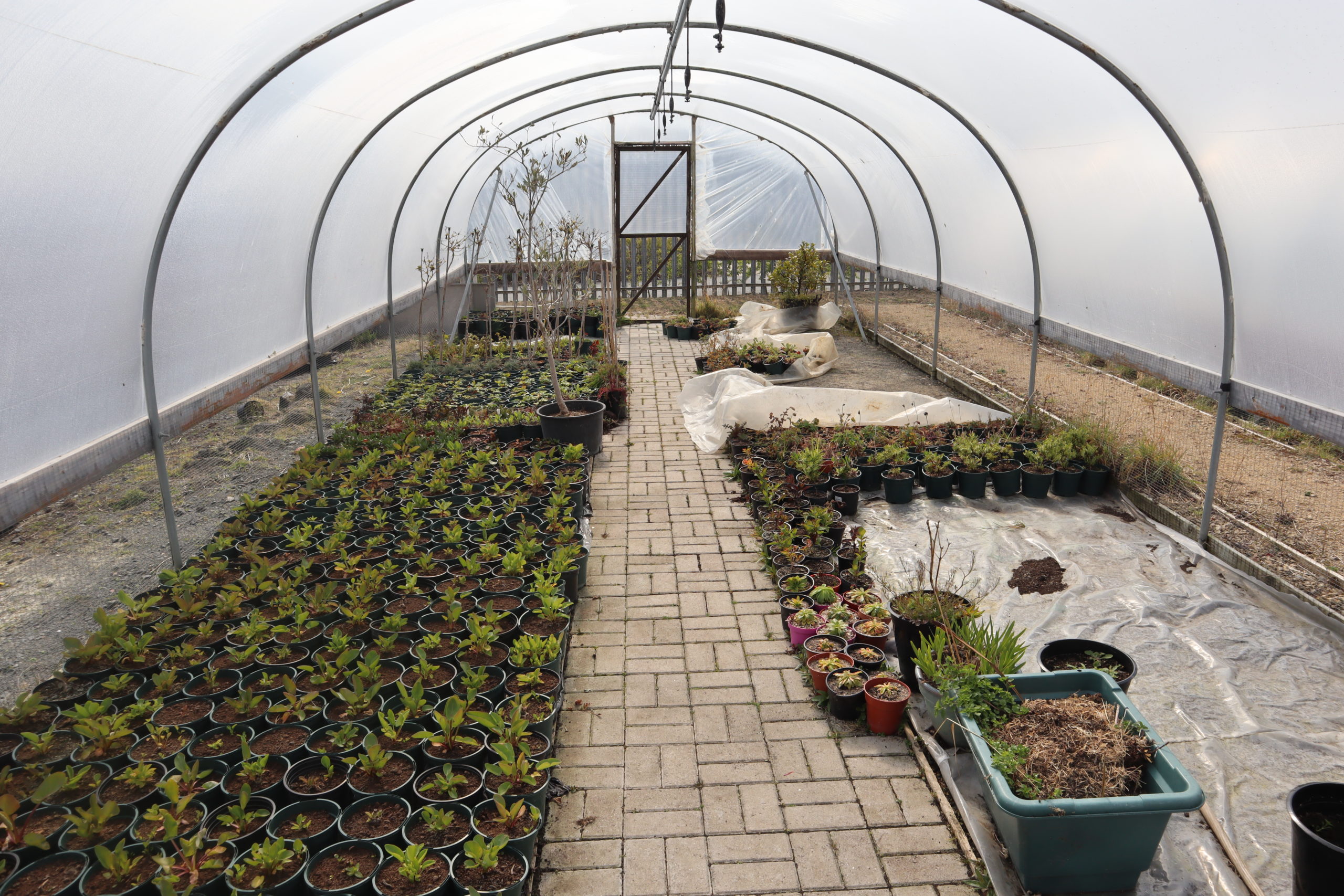
The theme for this year’s Mental Health Awareness Week (10-16 May 2021) is ‘Nature’.
Cumbria, Northumberland, Tyne and Wear NHS Foundation Trust (CNTW), the largest provider of mental health and disability services across the North of England, is raising awareness of how and why enjoying nature can boost our wellbeing, as well as sharing some of the ways that helping people to connect with nature plays a key role in the care and treatment it provides.
During lockdown, many people have found a new appreciation for nature and how it can help to lift our mood. Research by the Mental Health Foundation showed that going for walks outside was one of people’s top coping strategies, and 45% of people said that being in green spaces had been vital for their mental health.
Many of us feel intuitively that being in nature is ‘good for us’, but there is now plenty of scientific evidence to back this up. There have been studies showing nature’s positive effects for people with specific psychological conditions such as depression, anxiety and mood disorder. Access to nature has also been found to improve sleep and reduce stress, increase happiness and reduce negative emotions, promote positive social interactions and even help marginalised people build stronger links with their community.

Green fingers
Many of CNTW’s units and wards enjoy access to polytunnels, allotments, and even container gardens in courtyards, where staff support patients grow a huge variety of fresh produce. This is recognised as a very important therapeutic activity, led by the Occupational Therapy teams
Ferndene’s tranquil bird hide
Children and young people at Ferndene, CNTW’s specialist children and young peoples’ inpatient centre in Prudhoe, are able to connect with nature in the centre’s woodland grounds.
Last year a bird hide and bird feeding stations were added, funded by the family of a patient who stayed at the old Prudhoe Hospital site. This has allowed patients to observe wildlife at close range and learn more about the environment around them.
Bridget Lawson, activities coordinator at Ferndene, said: “Many of the children here have grown up in urban areas and haven’t had the opportunity to get outside and really enjoy nature. The bird hide is something that can be enjoyed by everyone, meaning they can have the benefits of learning outside while still being safe on site.”
As well as bird-spotting, the hide’s tranquil spot has also been used for mindfulness sessions.
The NHS Forest
At the start of April CNTW staff, volunteers and patients planted a total of 1000 trees across four hospital sites (St George’s Park in Morpeth, Carleton Clinic in Carlisle, Hopewood Park in Sunderland, and St Nicholas Hospital in Newcastle) as part of the national NHS Forest project. The trees, all native species, will provide habitats for wildlife and will be enjoyed by staff, patients, and local people for many years to come.
You can see some clips of the newly-planted trees in the video below:
Nature walks
Mental Health Awareness Week also falls within National Walking Month. Using the signposted walking routes at many of CNTW’s sites (all between 1-1.25 miles, about 20-30 minutes of walking) to enjoy a walk through some green leafy spaces, you can combine the mood-boosting effects of some gentle physical activity while connecting with nature.
St Nicholas Hospital – blue route
St Nicholas Hospital – yellow route
St George’s Park – yellow route
Hopewood Park – blue route
Hopewood Park – yellow route
Walkergate Park – four routes

Anna Foster, Trust Lead for Strategy and Sustainability at CNTW, said: “We know that not everybody is lucky enough to have access to leafy parks or a garden – but research shows us that even bringing nature into our life in small ways, like nurturing a houseplant, can give our mental health a significant boost.
“Here at CNTW we have some beautiful green spaces at many of our hospitals, and we are working closely with staff and service users to maximise our use of these natural spaces as part of the care we provide.
“We also want to make sure that our hospital sites offer a space for everyone in our communities to enjoy the health benefits of connecting with nature. Many of our sites feature signposted walking routes around them, and we recently planted 1000 additional trees to enhance these spaces even more.”
Ken Jarrold CBE, Chair of the Council of Governors and Board of Directors at CNTW, said: “As a specialist provider of mental health and disability services we understand just how important nature is for the wellbeing of the communities we serve, and we have a duty to play our part in protecting and promoting it.
“Last year, we formally declared a ‘climate and ecological emergency’ in recognition of the urgency of the situation facing us globally, and a few weeks ago we launched our Green Plan which sets out how the Trust aims to reduce our carbon emissions to ‘net zero’ by 2040 and meet other sustainability goals by 2026.
“We hope that this week will inspire more people to connect with nature in new ways, noticing the positive impact that this connection can have on their mental health.”
